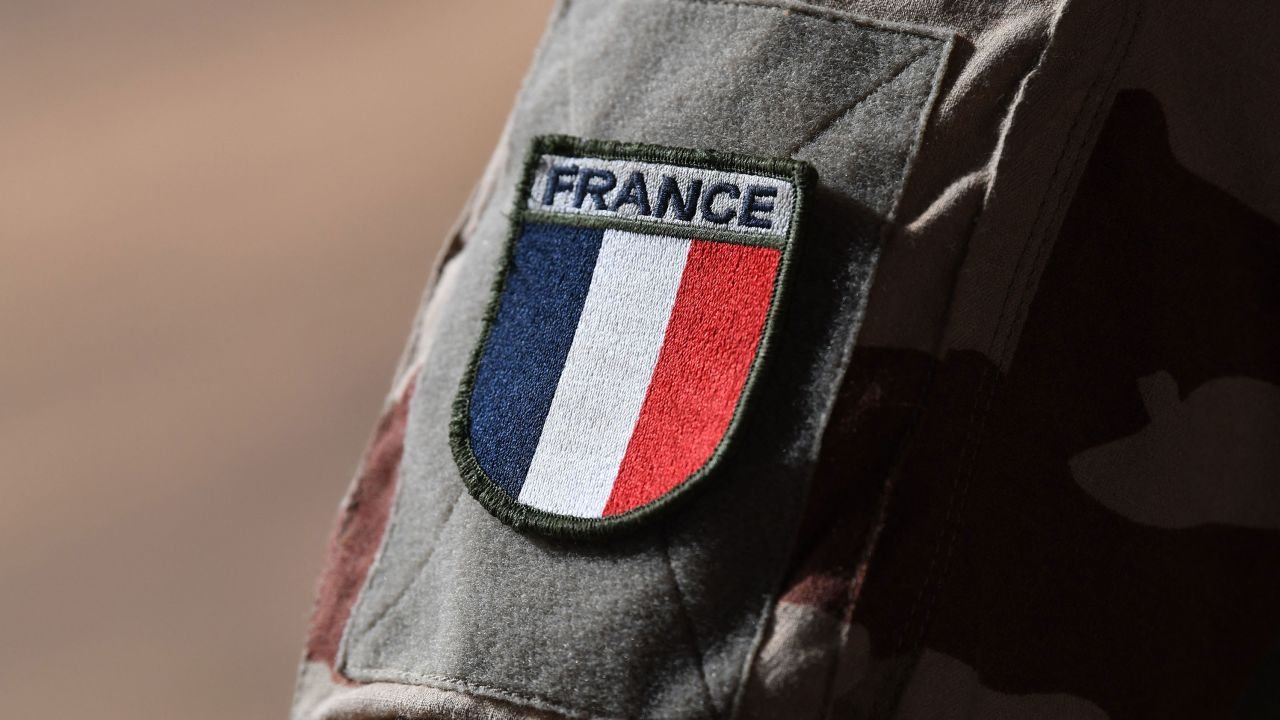The Withdrawal of French Troops in Niger: A Request Fulfilled but a Security Gap Left Behind
French troops pulled from Niger. Source for image: Bertrand Guay/AFP/Getty Images
France has announced its decision to withdraw its 1,500 French troops from Niger, a move that comes after weeks of tension following the military coup that ousted democratically elected President Mohamed Bazoum in July. The new military leader in Niger has been urging France to leave. Finally, President Emmanuel Macron conceded, attributing the decision to the fact that authorities of Niger “don’t want to fight terrorism anymore.”
Within France and Niger’s long and complicated history, France has maintained a military presence, economic influence, and ties with political leaders even after Niger's independence from France in 1960. However, France's unwillingness to let go and its goal to maintain a foothold in Africa has sparked protests. President Macron has been aware of growing resentment and made a statement in 2017 when he was elected to reset relations with Africa. His plan centered around increasing developmental aid to African countries and downsizing France's military presence. Despite Macron's promises, French troops have remained in Niger to battle armed insurgents linked to Al Qaeda and the Islamic State.
The Sahel, a semiarid region spanning central Mali, northern Burkina Faso, and western Niger, has been especially impacted by turmoil. Extreme effects of climate change and attacks by terrorist groups are affecting this region profusely. The combined impacts of climate change and armed conflict are causing a significant need for support. More than 16 million people are in need of assistance and protection, which has increased 172 percent from 2016. Since 2014, the number of people displaced internally has increased by a staggering 2,400 percent, while food insecurity has surged by 532 percent. French and American troops have been stationed in this region for years, conducting counterterrorism strategies. Removing these troops poses a severe risk to the general security of Western Africa, completely upending the efforts to battle insurgent terrorist groups.
The decision to withdraw French troops resulted from weeks of ongoing tension between the French government and the newly-instated military junta that overthrew the government of Niger in July. General Omar Tchinai, who claimed power following the overthrow of the democratic regime, immediately pressured the French troops to leave. General Tchinai claims that the French were inadequately fighting the terrorist groups in the Sahel region, interfering excessively with Nigerian internal politics and dragging down Niger’s economy.
The decision to withdraw could hurt Nigerien security as well as the security of Western Africa as a whole. Assisted by Western troops, Niger has been able to slow down a wave of terrorist attacks by 49 percent this year. With an emerging security vacuum in Niger, militants could be encouraged to ramp up propaganda, increase recruitment of local and even foreign fighters, and establish mini-states in remote areas. There is also fear that Niger could follow Mali's footsteps and replace their troops with Wagner fighters. In 2022, Mali’s military government ousted French troops and since then has incorporated up to 1,000 fighters from the Wagner Group with their own troops. The Wagner Group fighters have been working alongside Mali’s armed forces and, according to human rights groups, have been accused of committing several abuses. According to Nathaniel Powell, an Africa analyst at the Oxford Analytica geopolitical intelligence firm, "Wagner can't offer the same kind of capacity improvements and force multiplier effect that France could."
Both Mali and Burkina Faso, countries sharing the Sahel region, have already experienced military coups, Mali in 2020 and Burkina Faso in 2022. These junta-led governments have developed new counterterrorism strategies, which are worsening the conflict and leading to the escalation of violence. Mali has rapidly worsened as the death toll this year alone has hit 6,000, of which 1,600 were civilians. Burkina Faso has also declined, with the death toll rising 80 percent. With the support of French and American forces, Niger has been enjoying relatively more peace compared to its neighbors. But with recent developments, this relative peace is no longer assured. Following the departure of the French troops, the Nigerian government will be burdened to provide itself with security. It is still too early to observe any changes in Niger’s counterterrorism approach, but it is very possible that Niger will develop a similar strategy to that of neighboring Burkina Faso and Mali. Furthermore, the three countries have recently joined the Alliance of Sahel States (AES), a mutual defense pact. If Mali and Burkina Faso are examples of military regimes lacking Western support, prospects are not looking bright for the future of Niger’s security.
There is also concern that the violence is spreading beyond the Sahel region towards the Ivory Coast, the region's economic powerhouse. Niger has been a barrier against insurgent groups for the coastal countries, but this barrier is now dissipating due to governmental turmoil and a security vacuum, putting other African countries in a precarious security position.
French troops are expected to remain in Niger until the end of the year. However, Western counterterrorism efforts have been hindered since the coup. The US did not declare the ousting of Niger’s president via a coup until just recently, more than two months after it occurred. In addition to the declaration of the coup, the US has suspended all counterterrorism assistance and military training and paused certain foreign assistance programs, which are worth hundreds of millions of dollars.
The future of Niger and its government remains uncertain, especially with the lack of French and American support. With this new security vacuum, increased attention should be paid to the security risks of the Sahel region, putting the future of Western Africa at risk. The military government is likely to stay in power for the foreseeable future, but with this in mind, the West should keep a pragmatic outlook. It would be a shame to sacrifice years of cooperation and counterterrorism efforts altogether, benefitting no one except the insurgent groups.

